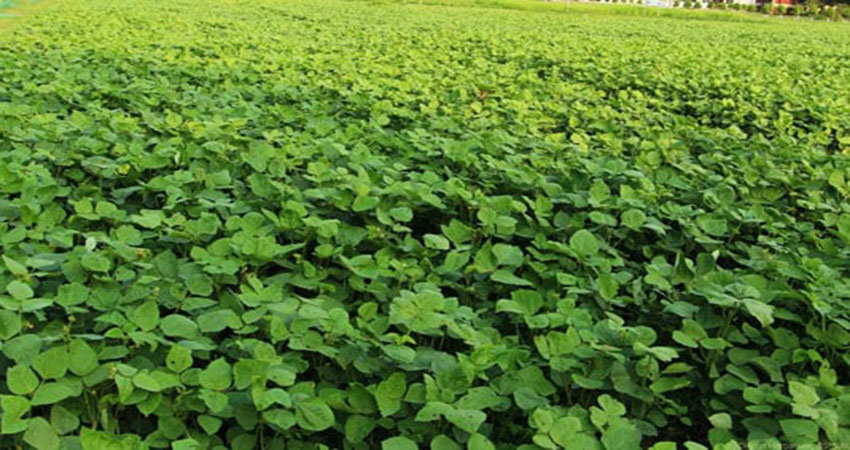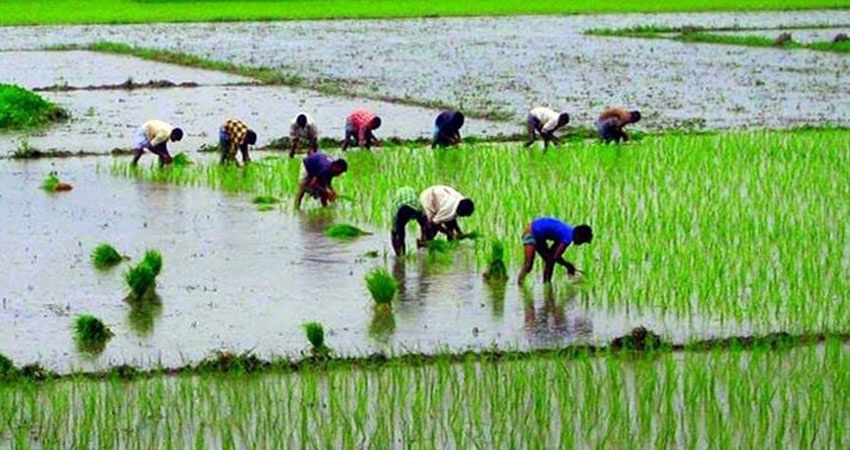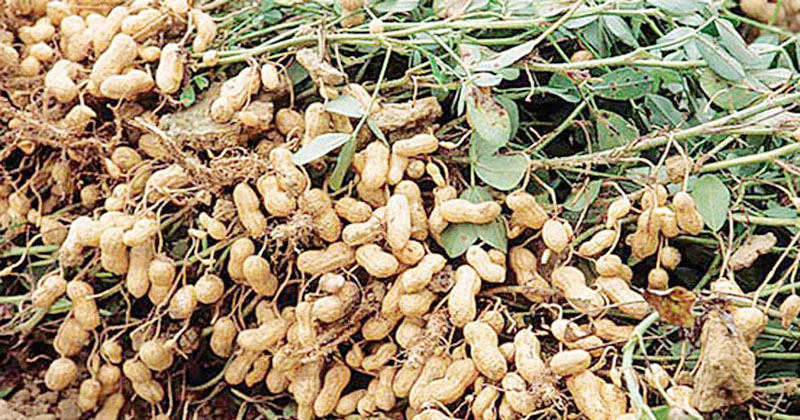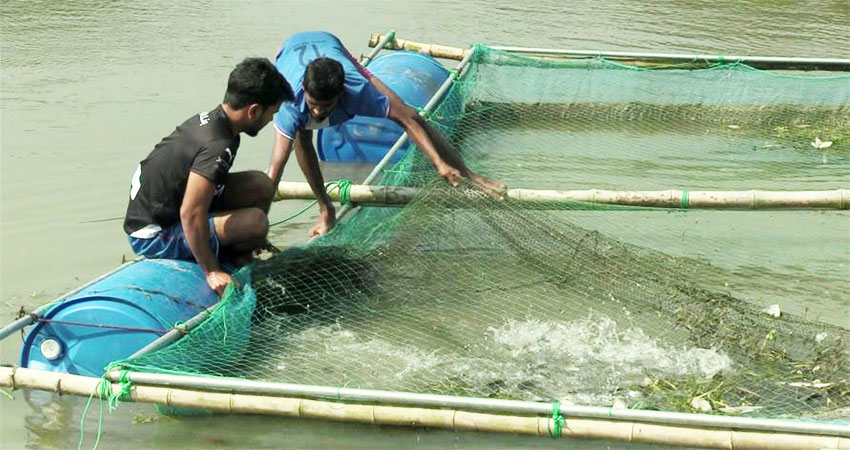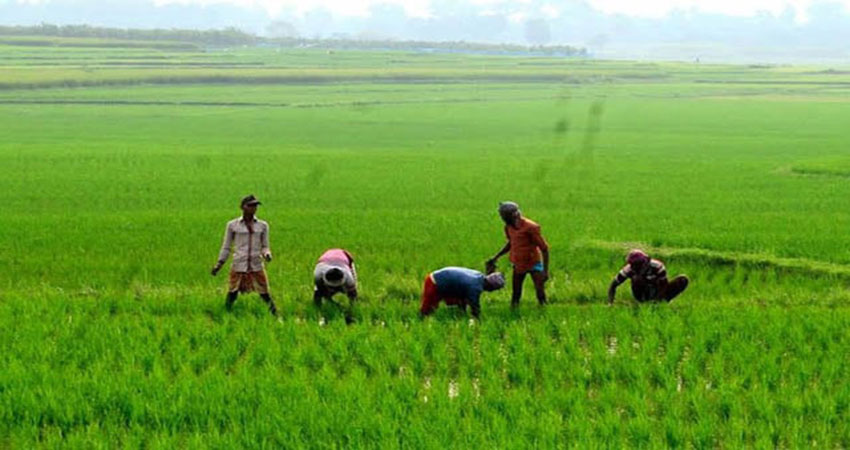More efficiency in irrigation has become crucial for reducing the misuse of water alongside decreasing agriculture production cost.
All the existing irrigation methods cause misuse of water adding pressure on both ground and surface water posing a serious threat to ecology.
So, some major parameters like water distribution system, irrigation scheme management system, water marketing system, sources of water, source of energy, Alternate Wetting Drying (AWD) and types of pumps should be brought under consideration.
The observations came in the 79th Board Meeting of the Barind Multipurpose Development Authority (BMDA) held at its headquarters in Rajshahi city yesterday.
The meeting reviewed all activities and progress of BMDA projects elaborately and took some important decisions in this regard, the meeting sources said.
BMDA, the pioneering state-owned irrigation providing organization in the northwest of Bangladesh, has brought 5.25 lakh hectares of cropland land under irrigation facilities through operating 15,517 deep tube wells (DTWs) and 516 low lift pumps.
The irrigated lands have yielded around 26.76 lakh tonnes of additional crops, especially food grain in the region, especially in the vast Barind Tract per year.
With Begum Akhter Jahan, Chairman of BMDA, in the chair, 14 Board Members joined the meeting.
BMDA Executive Director Abdur Rashid, Additional Chief Engineer Shamsul Huda and Superintending Engineer Iqbal Hossain were present on the occasion.
The meeting observed that the agriculture sector has already witnessed the scarcity of irrigated water, which may be harmful to crop production.
Besides, the agriculture sector has faced huge production costs due to rising prices of different agri-inputs, which is pushing farmers of the region into a difficult situation.
Engineer Rashid told the meeting that they have activated 4,332 inoperative deep tube wells, installed 11,474 deep tube wells and 601 low lift pumps, and re-excavated 2093.32-kilometer canals and 3451 derelict ponds.
They have also constructed and expanded 12413.56-kilometer water distribution infrastructures alongside setting up 1579 drinking water supply installations, 578 dug wells and 749 cross-dams, which ensured a sound irrigation system.
In addition to imparting training to 1,51,992 farmers, around 2.6 crore saplings of various fruit, timber and herbal trees were planted in the command area to protect the environment and meet the growing demands for fruits and timber in the region.
BMDA has been implementing various need-oriented uplift programs aimed at improving the socio-economic conditions by increasing crop production side by side protecting the region from the adverse impact of climate change. The region saw significant progress in the crop production sector following the expansion of irrigation facilities along with supplying water from the re-excavated canals and ponds.
During the past couple of years, the BMDA has been promoting surface water irrigation in many of the water-stressed areas in order to lessen the gradually mounting pressure on underground water.
Source: BSS












